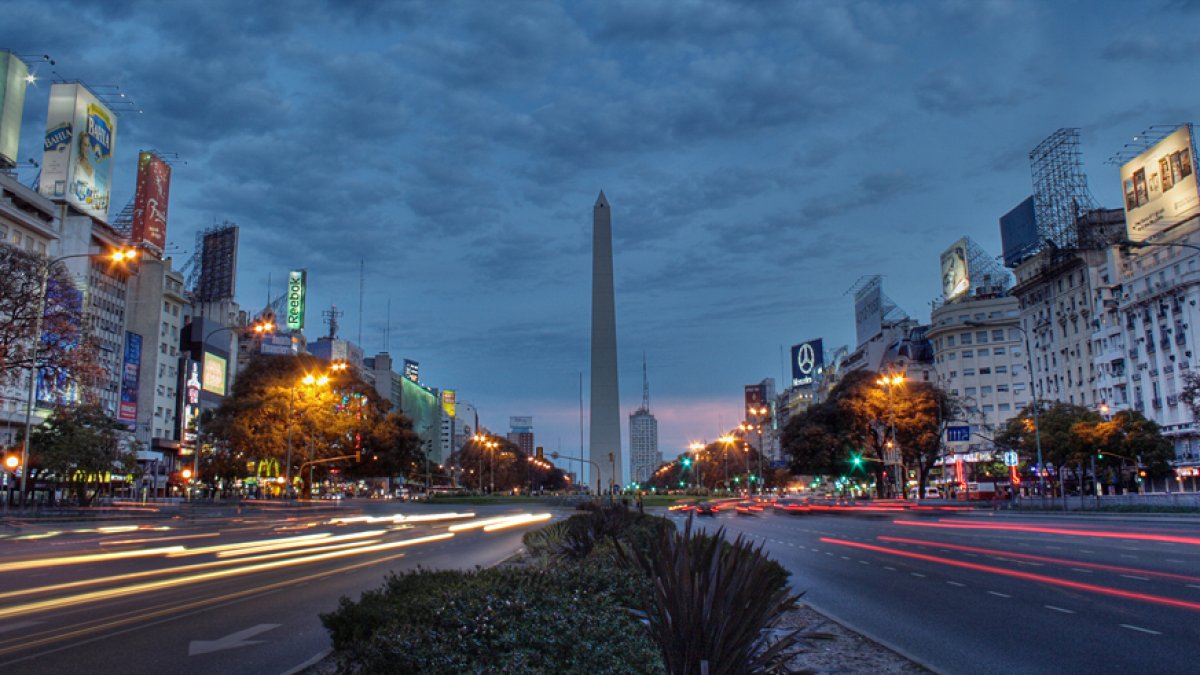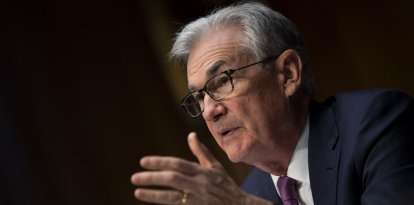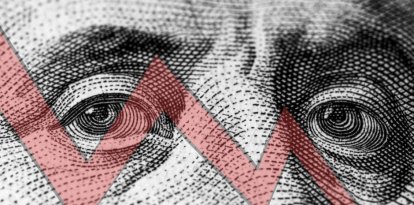Decalogue of a comprehensive and urgent plan for Argentine
The Argentine economy is a very delicate patient that needs urgent measures to avoid an undesirable scenario.

Buenos Aires Obelisk (Jesús Alexander Reyes Sánchez - Flickr).
The Argentine economy is a very delicate patient that needs urgent measures to avoid an undesirable scenario.
1. Fiscal policy and public spending
A fiscal rule is urgently needed to prevent public spending from increasing above the tax burden, especially in the face of the upcoming electoral scenario. Although the level of public spending has been liquefied between 2020-21, we run the risk of returning to unsustainable levels of spending and deficits, once the Government begins to give in to union and trade union pressures.
2. Tax policy
There is an urgent need to eliminate 160 taxes, leaving only those 11 that today allow us to cover 90% of total tax collection. The measure would be a positive shock on the activity, which would allow increasing the tax base, and with the additional collection of those 11 taxes, the fall of the other 160 eliminated taxes could be totally compensated. The list of these 171 taxes is based on a survey conducted by the Argentine Institute of Fiscal Analysis (IARAF) at the national, provincial and municipal levels.
3. Fiscal surplus
It is urgent to achieve a fiscal surplus in order to be able to assume the payment of debt commitments. In the case of Argentina, fiscal balance is not enough, firstly because of the economic situation, but also to move forward with a reduction in tax pressure and a gradual removal of withholdings, in addition to an essential pension reform. In 2023 Argentina runs the risk of defaulting again and it is necessary to reassure creditors that it is doing its best to recognize its obligations.
4. Exchange rate policy
There is an urgent need to lift the dollar clamp (cepo cambiario). We must recognize the real exchange rate of the dollar against a currency that we have destroyed and continue to destroy year after year. The privileges in the distribution of scarce dollars to a group of official and accredited importers must end.
5. Deregulation
Price controls over the entire economy must be ended, so that it can be normalized under adequate incentives for production. The energy infrastructure suffers today from a lack of investment, and this represents a bottleneck to recover high rates of economic growth. As in other historical episodes in our country, public utilities can attract investments that contribute to reactivate the economy.
6. Monetary policy
There is an urgent need to dollarize the economy, accepting what has been happening spontaneously since the 2019's PASO (blanket primary). The remaining pesos in circulation must be replaced by dollars that the Government manages to raise with new debt, and the other liabilities of the Central Bank must be replaced by Treasury debt. A new convertibility with a high real exchange rate (after lifting the cepo) may be an alternative, but we favor dollarization to reduce the exit cost and eliminate the risk of devaluation, which is indispensable to have low interest rates, both nominal and real.
7. Economic opening
It is urgent to open up the economy, recovering the agreement with the European Union, but also seeking other agreements with NAFTA, Asia, Africa and Oceania. Mercosur could be the bloc from which negotiations could be undertaken, but if it is not, Argentina should leave it. In this matter we have much to learn from Chile's bilateral agreements with different economic blocs, including Mercosur. This opening will require a total elimination of tariffs, which also requires a high real exchange rate as a starting point, which will be obtained by lifting the cepo and with the aforementioned monetary reform of dollarization. The fact that tradable goods acquire low and competitive international prices within Argentina will reduce the cost of the basic basket for consumers, which may contribute to lower poverty, and to a pronounced improvement in competitiveness.
8. Labor legislation
There is an urgent need to make labor legislation more flexible, so that those who need to hire personnel have incentives to do so. In the same plan of integration and return to the world, Argentina needs this reform to improve its competitiveness. The measure also contributes to a necessary structural shift from public to private employment. It is a myth that this measure causes labor precariousness. Current labor legislation is causing more excluded than ever, alarming levels of informality and high rates of underemployment.
9. Open skies
It is urgent to recover an open skies policy, either with Aerolíneas Argentinas in public or private hands or directly closed, but recovering the competition of companies that offer better quality and prices to consumers, as has already happened in Europe or the United States. The measure would give Argentina greater dynamism, which also contributes to improve productivity.
10. Oil
There is an urgent need to privatize oil exploitation, recognizing that the Argentine government has always been a bad businessman and that it does not have the resources or the know-how to supply the local market. The exploitation of Vaca Muerta can be the basis for the investment shocks that Argentina needs to get out of this situation. Not only is it essential for Argentina to be self-sufficient in fuel, but it can also generate foreign currency income from exports.
Of course, there are other fronts to be faced, such as a zero-based budget that allows rethinking the structure of public spending, with fewer ministries, secretariats and sub-secretariats, which at the same time allows reducing bureaucracy and corruption. New Zealand offers us an experience in this matter. But the 10 points mentioned above represent a comprehensive and urgent reform that should be on the agenda of the government and the opposition to reach a consensus that can help us avoid another economic crisis of alarming magnitude.
























